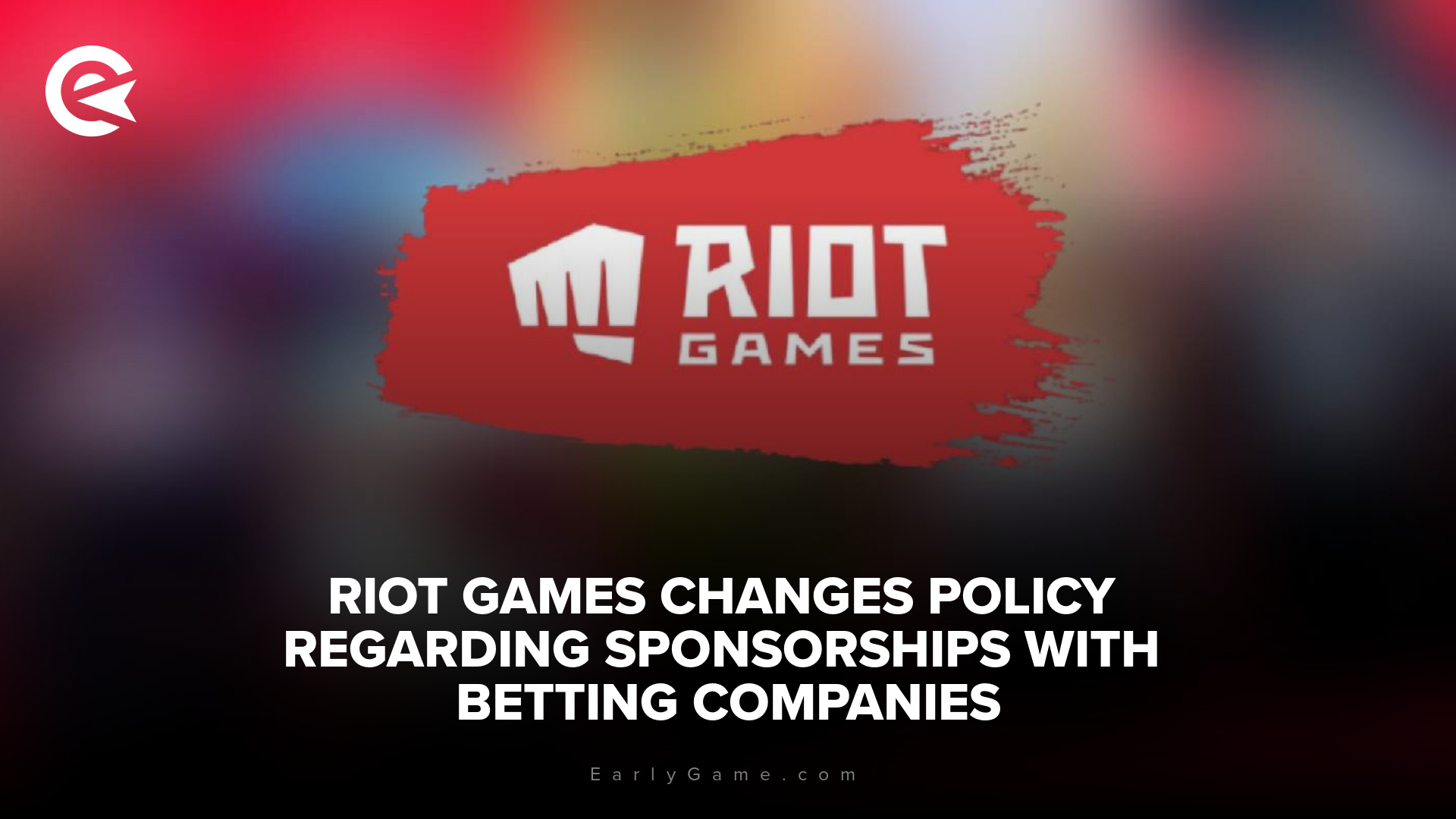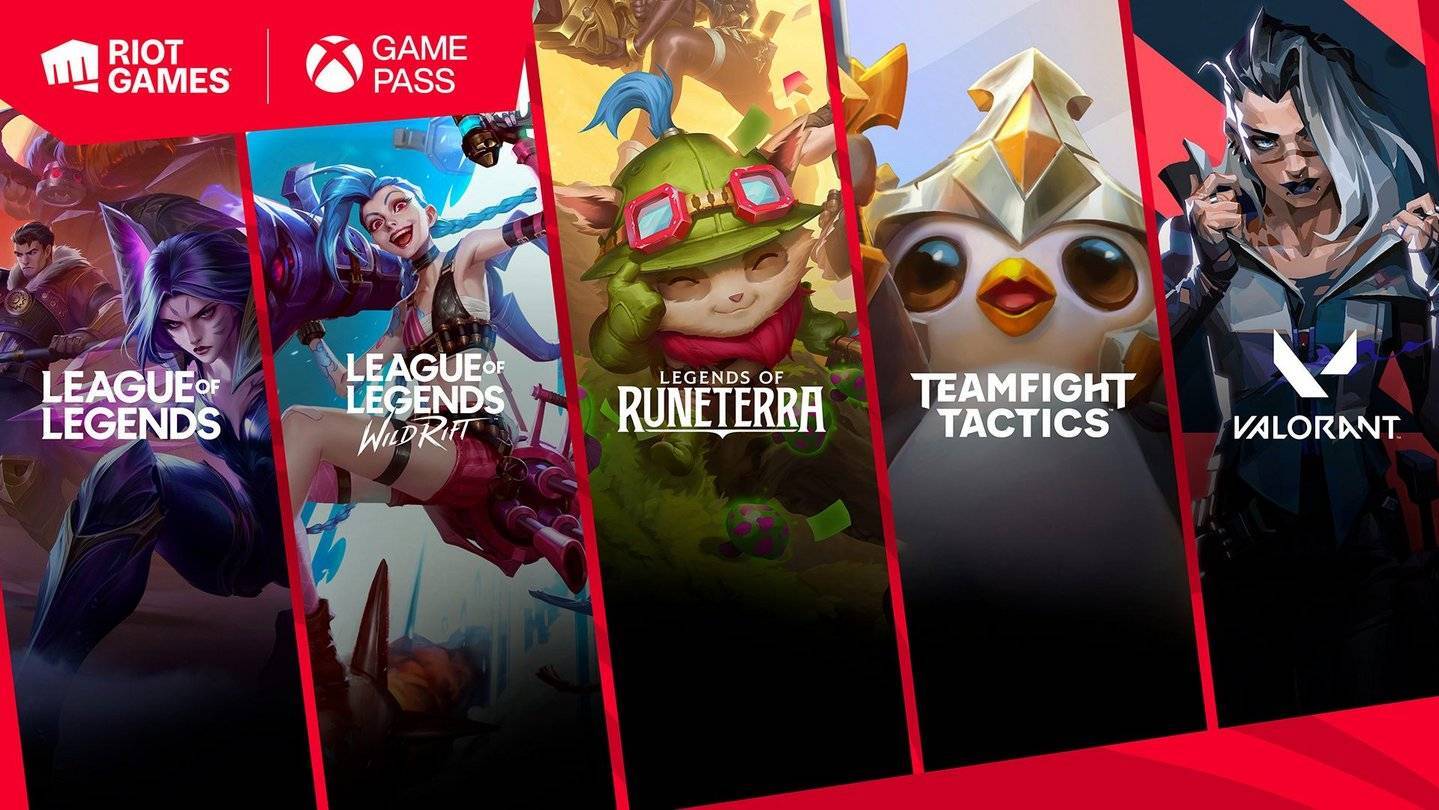Bold move or risky taboo-breaking? From 2025, Riot Games is opening its doors to gambling providers as sponsors and saying goodbye to old principles. The community is divided.

Riot Games, known for hits like Valorant and League of Legends, has historically maintained strict advertising policies.
The company’s games primarily appeal to younger audiences, making it crucial for Riot to uphold its reputation as an ethical publisher and role model.
Riot’s commitment goes beyond ensuring a positive in-game player experience, it extends to vetting advertising partnerships and collaborations for transparency and integrity.
Until now, sponsorships from betting, gambling, and crypto platforms were strictly off-limits.
However, starting in 2025, Riot plans to allow gambling sponsorships in the esports sector, specifically from betting companies. This marks a significant shift in their approach.
Exploring new revenue streams
"This is a new sponsorship category for our esports, and we’ll approach it thoughtfully."
The decision is driven by the need to unlock new financial opportunities for esports teams. Riot aims to build a diverse sponsorship ecosystem in the US and European markets to bolster revenue streams.
It wasn't an easy choice to make, but Riot believes it's the right one.
To mitigate concerns about excessive influence from gambling sponsors, Riot will implement measures to ensure fairness.
These steps are intended to maintain an optimal experience for fans. Importantly, Riot has clarified that this is solely a mechanism for team sponsorships; the company’s own channels will remain free from gambling advertisements.
As outlined in their statement:
"1. Riot-owned channels will stay betting-free. No betting brands will appear on our broadcasts, socials, or jerseys.
2. Riot will vet all potential betting partners to meet our standards for integrity, transparency, and fan engagement. All sports books partnering with teams will need to meet local regulatory and licensing requirements and match Riot requirements around content and promotion for this category.
Riot’s strategy seems focused on providing esports teams with diverse revenue opportunities while preventing an excessive influx of gambling-related promotions.
Measures like banning betting logos on jerseys aim to balance commercial interests with ethical considerations.
Community reactions: Caution or greed?
The community is divided over Riot’s new policy. Some see it as a clever way to exploit untapped revenue streams, while others see it as a departure from Riot's values driven by greed.
Supporters argue:
Ok I like this! Sponsored by them but not advertising
— FuegoFuegz (@fuegofuegz) December 13, 2024
While critics note:
Massive L from Riot games.
— Zoxi (@Zoxistyle) December 13, 2024
Betting and gambling is a massive evil of our society.
This just shows that this company has 0 ethic
Others highlight that teams are under no obligation to accept such sponsors:
Riot is just allowing to have one, they are not dictating to have one.
— KP (@kp53331) December 13, 2024
It's the franchise org that has to decide if they want to get such sponsor or not.
Riot has been strict on these rules for so long, but if teams need cash in hand to sustain, RIOT has to allow
it eventually.
Yet, concerns linger about how ethical considerations might hold up against the enormous budgets gambling platforms often bring to the table:
Guys it means the teams can show these sponsorships in their own content but cannot be associated with the actual franchise league that they play. Riot initially required partner teams to not have gambling sponsors but now it can at least help them finance their operations.
— BEBE DE L'ELEFANT (@shawarmababa) December 13, 2024
Riot has reassured fans that all gambling sponsors will be thoroughly vetted before approval.
What do you think about Riot Games’ new policy? Do the risks for younger audiences outweigh the potential benefits for smaller esports teams? Share your thoughts in the comments below!


































